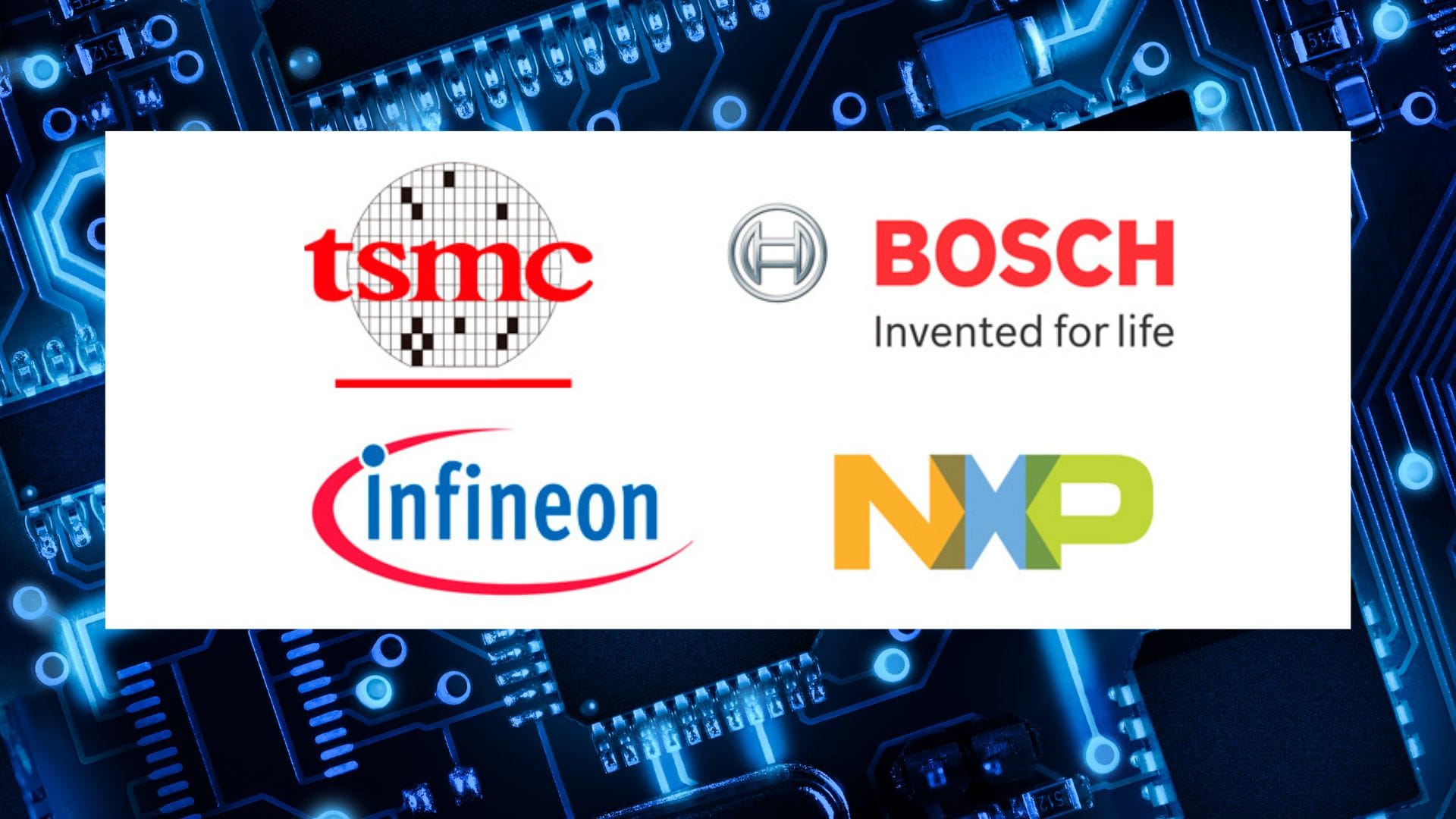Strengthening Europe's Semiconductor Backbone: The Role of ESMC
TSMC’s first European plant in Dresden, a €10 billion venture with Bosch, Infineon, and NXP, will enhance Europe’s semiconductor industry. Supported by the European Chips Act.

In the digital age, semiconductors are the bedrock of virtually every electronic device, from smartphones to advanced automotive systems.
Yet, the industry faces significant challenges, particularly regarding the robustness of the global supply chain.
Enter the European Semiconductor Manufacturing Corp. (ESMC), a collaborative initiative aimed at transforming Europe's semiconductor landscape.
The Importance of ESMC
ESMC is not just another corporate entity; it's a strategic alliance that includes technology giants, research institutions, and governmental bodies.
This initiative is designed to enhance Europe's semiconductor manufacturing capabilities, increase production capacity, and reduce dependency on non-European sources.
With global supply chains under threat from geopolitical tensions and natural disasters, Europe's need for a self-sufficient semiconductor industry has never been more pressing.
Key Players and Collaborative Efforts
The consortium behind ESMC involves some of the biggest names in the tech industry. Recently, Taiwan Semiconductor Manufacturing Co. (TSMC), the world's leading chipmaker, announced plans to build its first European plant in Dresden, Germany.
This €10 billion joint venture includes Bosch, Infineon Technologies, and NXP Semiconductors, with TSMC holding a 70% stake and the others sharing the remaining 30% equally.

The plant, also called foundry, will focus on producing 22nm and 28nm chips, essential for automotive and industrial applications, and is set to begin production by 2027.
The Broader Impact of the European Chips Act
Supporting these efforts is the European Chips Act, a €43 billion initiative aimed at doubling Europe's share of global semiconductor production to 20% by 2030.
This ambitious plan seeks to create a more resilient and competitive semiconductor ecosystem within the region.
By securing substantial government subsidies, such as the up to €5 billion expected for the Dresden plant, the EU is taking concrete steps to ensure the industry's growth and sustainability.
Why Digital Professionals Should Care
For digital professionals, understanding the intricacies of the semiconductor supply chain is crucial.
Chips don't grow on trees; they require sophisticated manufacturing processes and significant investments in research and development.
The robustness of the semiconductor industry directly impacts the tech ecosystem, influencing everything from product innovation to market stability.
With the ESMC and similar initiatives, Europe is positioning itself to not only meet current demands but also to innovate and lead in semiconductor technologies.
This is particularly relevant for those involved in fields like automotive technology, IoT, and secure identification, where reliable and advanced semiconductors are key.
Looking Ahead
The establishment of the Dresden plant is a milestone, but it's just the beginning. As the ESMC continues to evolve, it will play a critical role in shaping the future of Europe's tech industry.
For digital professionals, staying informed about these developments is essential. Not only does it provide insights into industry trends, but it also highlights the importance of supporting and investing in local semiconductor manufacturing capabilities.
In conclusion, the ESMC represents a significant step towards a more secure and independent semiconductor supply chain in Europe.
By fostering collaboration among leading tech companies and securing substantial investments, Europe is well on its way to building a more resilient and innovative semiconductor industry.
For digital professionals, this means a more stable foundation for future technological advancements and a more competitive market landscape.
---
Sources:



